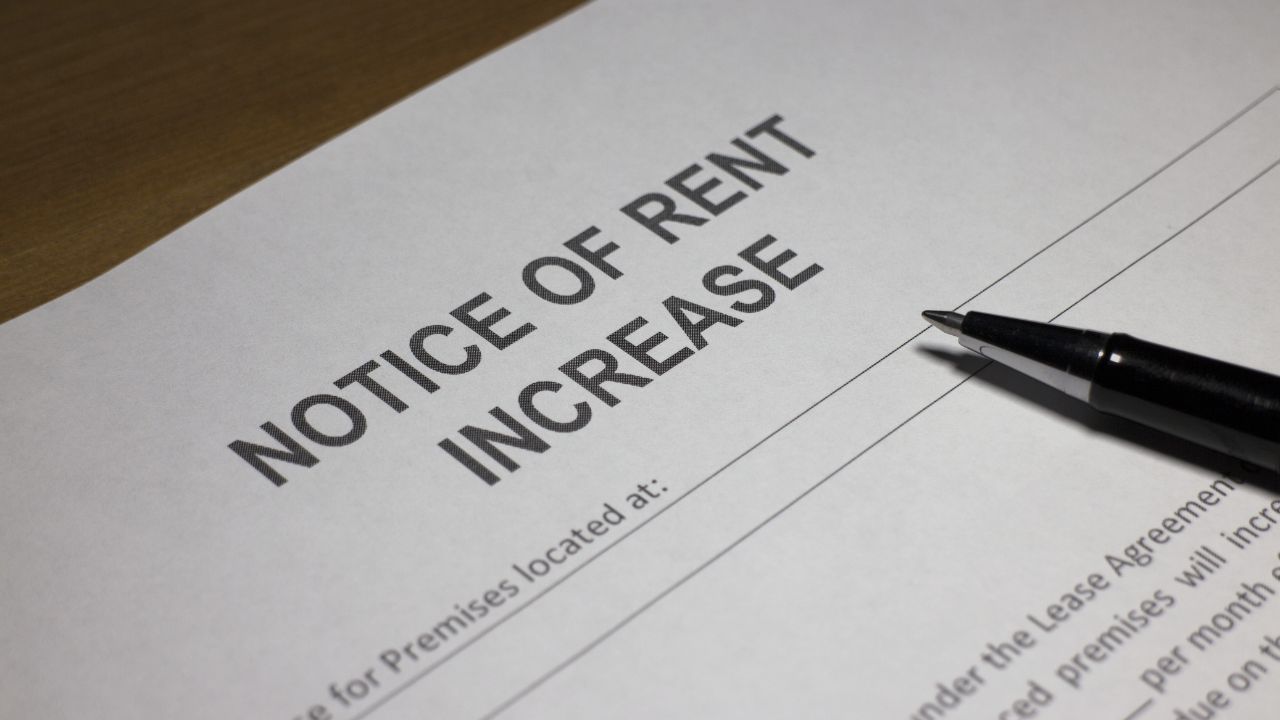Montpelier, VT – In 2025, Vermont renters face no statewide limit on how much or how often landlords can raise rent, but they do enjoy critical protections surrounding notice requirements, lease terms, and fair housing rights. Whether you’re renting in rural Vermont or urban Burlington, here’s what you need to know to stay protected.
No Statewide Cap on Rent Increases
Unlike some states that impose rent control measures, Vermont does not set a maximum percentage or dollar amount that landlords can raise rent—with one key exception: Burlington. Across most of the state, landlords may increase rent any amount and multiple times per year, as long as they provide the proper notice.
However, increases must not be retaliatory or discriminatory, and tenants can challenge excessive hikes in certain cases.
60-Day Written Notice Required Statewide
Under Vermont law, landlords must give at least 60 days’ written notice before increasing rent. This rule applies to:
- Fixed-term leases (e.g., 1-year leases)
- Month-to-month tenancies
- Tenancies at will (no lease agreement)
Important: Verbal notice is invalid, and email may not qualify unless your lease specifically permits it.
The notice must clearly state the new rent amount and the effective date of the increase. If your landlord fails to provide valid written notice, the rent hike is not legally enforceable.
Lease Protections Against Mid-Term Increases
If you’re currently in a lease, your landlord cannot raise the rent until the lease expires, unless the lease specifically allows for mid-term increases. Even then, any clause that waives your notice rights is void under Vermont law.
Once your lease ends, the landlord may raise rent with the appropriate notice. Always read your lease carefully to understand your protections.
Burlington Has Its Own Rent Rules
If you live in Burlington, you’re protected by local ordinances that cap rent increases. Here’s how it works:
- Rent increases are tied to the Consumer Price Index (CPI).
- Only one increase per year is allowed.
- Landlords must provide a 90-day written notice.
These measures give Burlington tenants significantly more stability compared to renters elsewhere in the state.
What Counts as an Illegal Rent Increase?
Even though there’s no statewide rent cap, landlords cannot raise rent:
- In retaliation for complaints, repairs, or tenant advocacy
- Based on discrimination, such as race, religion, or family status
- Without proper notice
Rent hikes that far exceed market rates may be challenged as unreasonable, especially if they follow a tenant’s complaint or legal action.
Read Also: Rent Hikes in Alabama 2025: Legal Limits, Notice Requirements & Protections
Can You Challenge a Rent Increase?
Yes. If you believe a rent hike is illegal or unfair, you can:
- Request mediation
- Consult a tenant advocacy group
- Contact legal aid
- File a complaint with the Vermont Human Rights Commission (if discrimination is involved)
Future Changes on the Horizon?
Vermont lawmakers have discussed statewide rent control, such as House Bill 135, which would limit annual increases to 6% or the rate of inflation. But as of August 2025, no such cap is in place statewide.
Bottom Line for Tenants
- No statewide rent cap—but Burlington limits rent increases.
- Landlords must give 60 days’ written notice statewide (90 days in Burlington).
- Rent hikes can’t occur during a fixed lease, unless allowed in the lease.
- Increases must not be retaliatory, discriminatory, or unreasonable.
Have you experienced a rent increase this year? Share your story in the comments and learn more about your tenant rights at newyorkdailygazette.com — your go-to source for housing updates and legal guides across Vermont.








